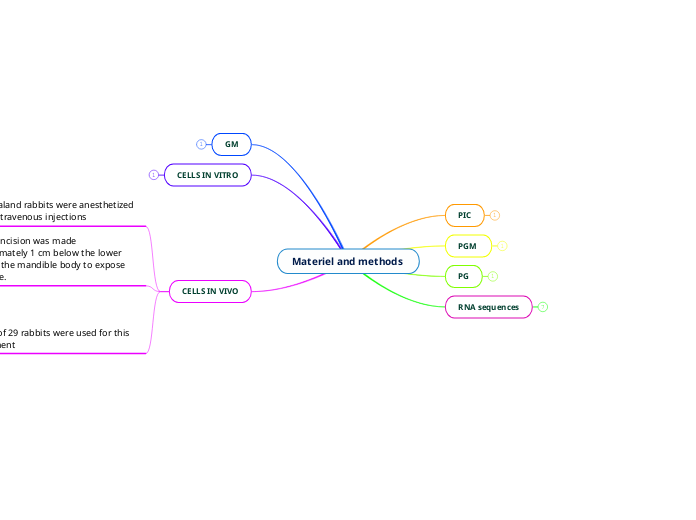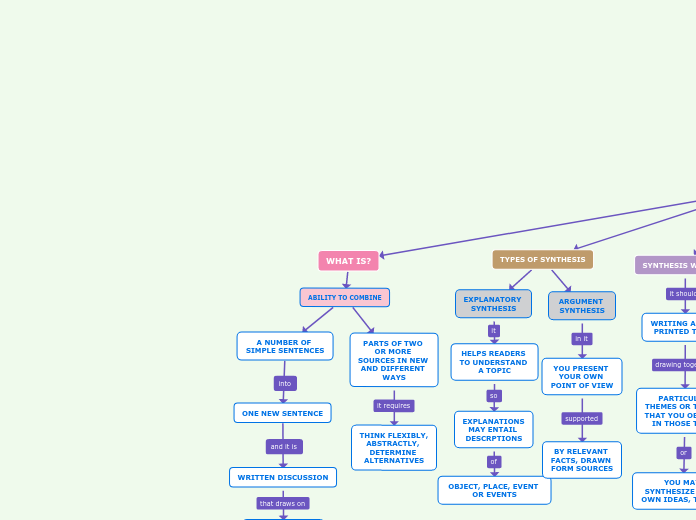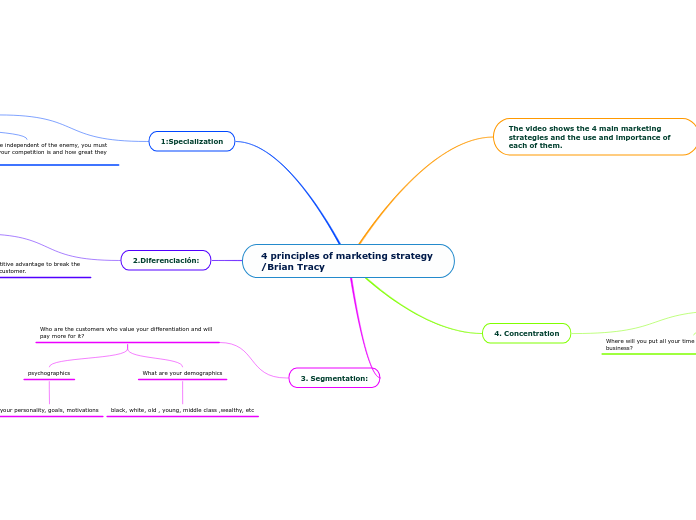realizată de ninja p 2 ani în urmă
113
Materiel and methods
The research involved the polymerization and synthesis of PNaSS and PMPTC under UV light irradiation. Sodium pstyrenesulfonate and 3-(methacryloylamino) propyl-trimethylammonium chloride were used as precursors in creating these polymers.









